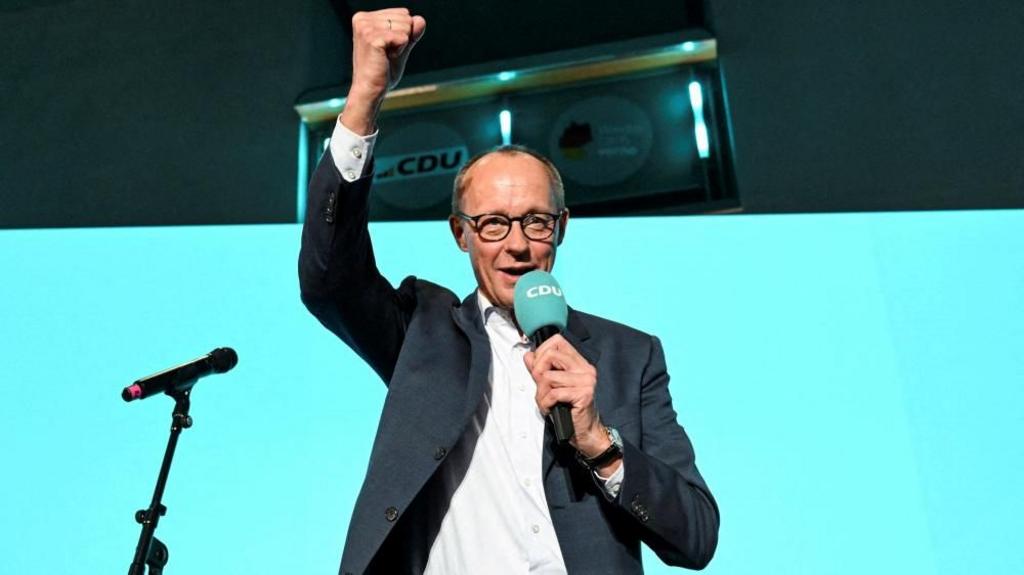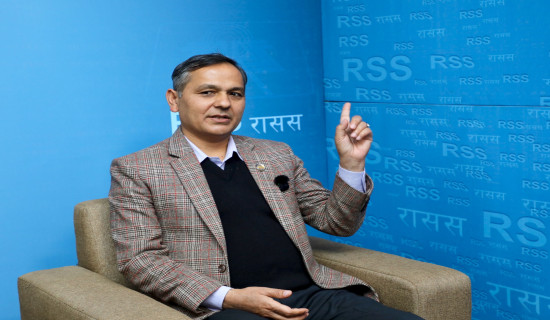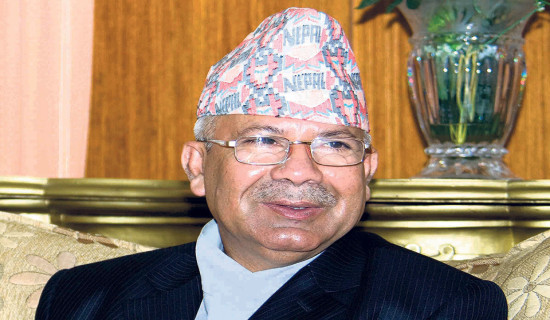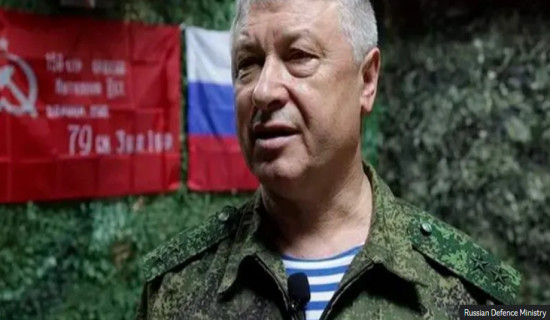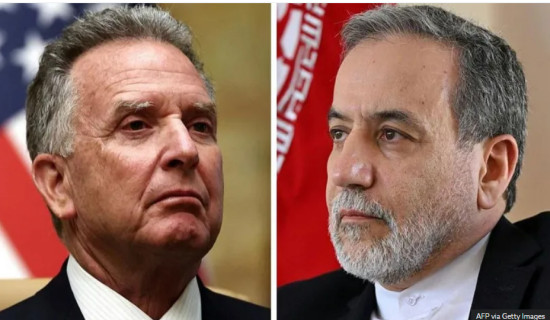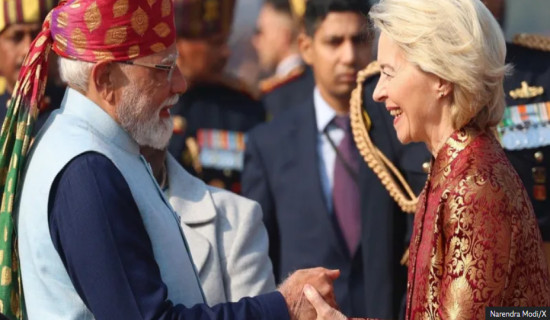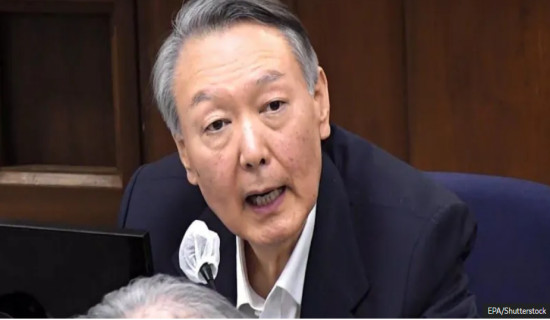- Monday, 23 February 2026
Germany’s Merz calls for ‘independence’ from US after election win
Feb 24: The conservative CDU/CSU party has won the German election with 28.6% of the vote
The group's leader Friedrich Merz will now try to form a coalition within eight weeks - our Europe digital editor Paul Kirby explains who Merz could work with.
Merz says the US has become "largely indifferent to the fate of Europe" and it is his "absolute priority" to strengthen the continent to "achieve real independence from the USA".
He questioned the future of NATO in its current form and demanded Europe boost its own defences.
Signals seismic shift in transatlantic relations
Germany's chancellor-in-waiting didn't wait for the final results of his country's election on Sunday to herald a new era in Europe.
Declaring the US indifferent to this continent's fate, Friedrich Merz questioned the future of NATO and demanded Europe boost its own defences. Quickly.
This tone from the close US ally - and from Merz who is known to be a passionate Atlanticist - would have been unimaginable even a couple of months ago.
It's a seismic shift. That may read like hyperbole, but what we are now experiencing in terms of transatlantic relations is unprecedented in the 80 years since the end of World War Two.
Big European powers have been shocked to the core by the Trump administration, which suggests it could revoke the security guarantees to Europe in place since 1945.
On Sunday night, Friedrich Merz put Donald Trump's America on a par with Russia - widely viewed here as a security threat to Europe more broadly.

